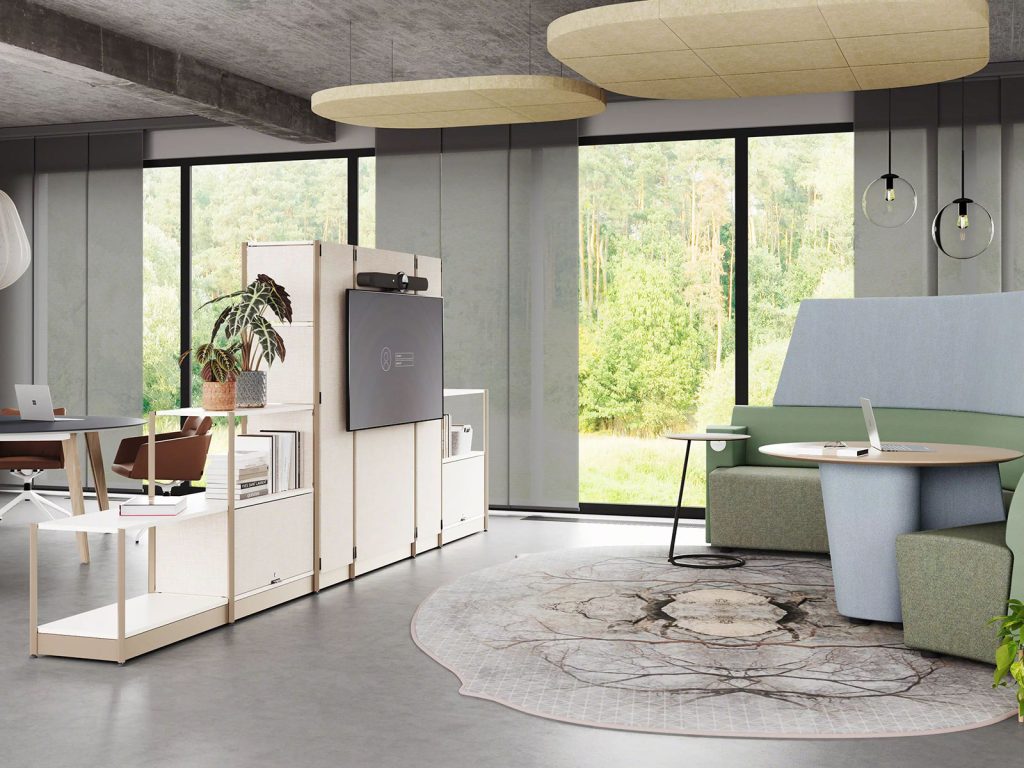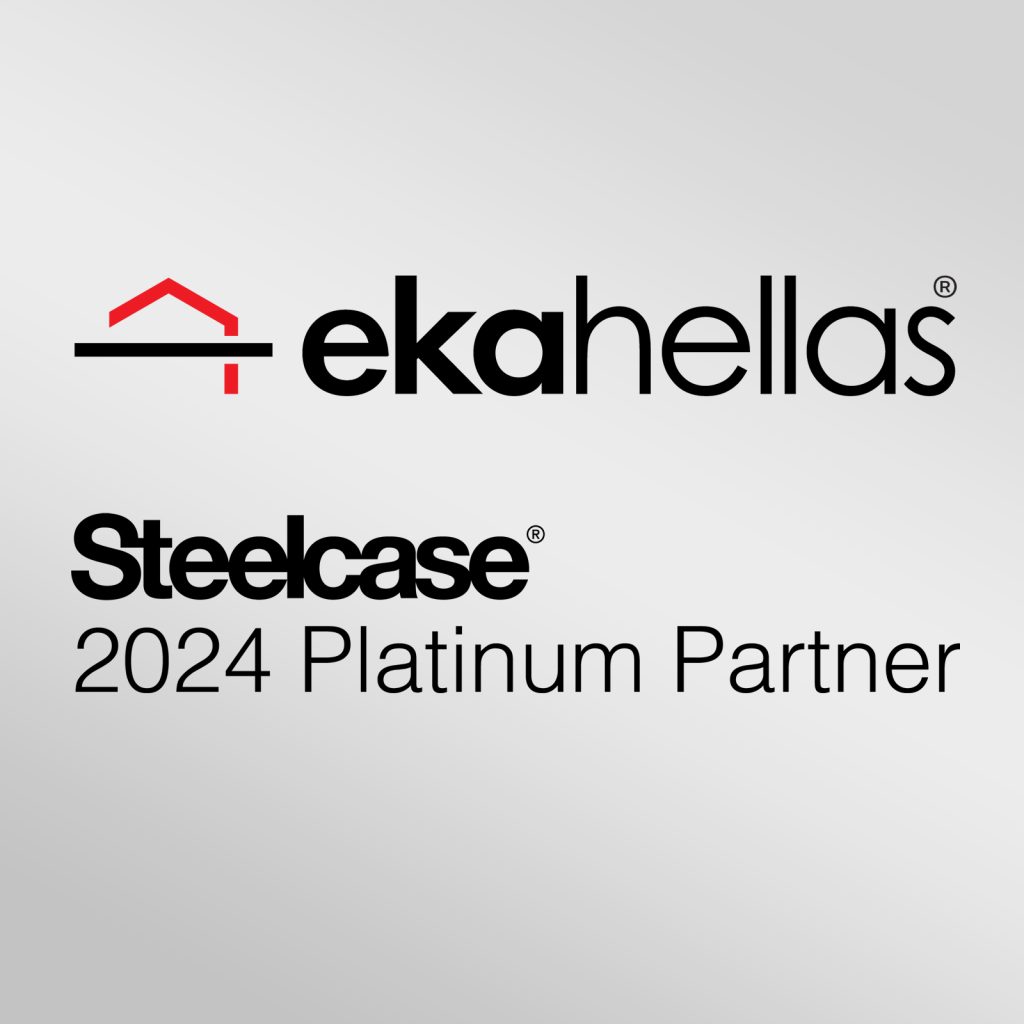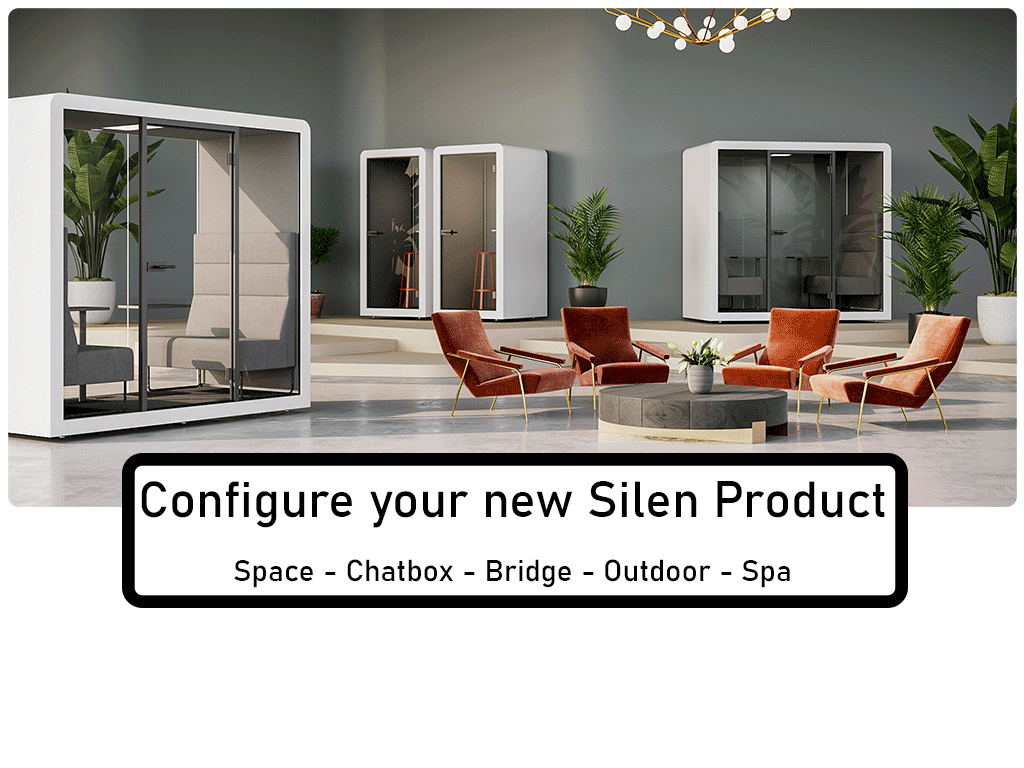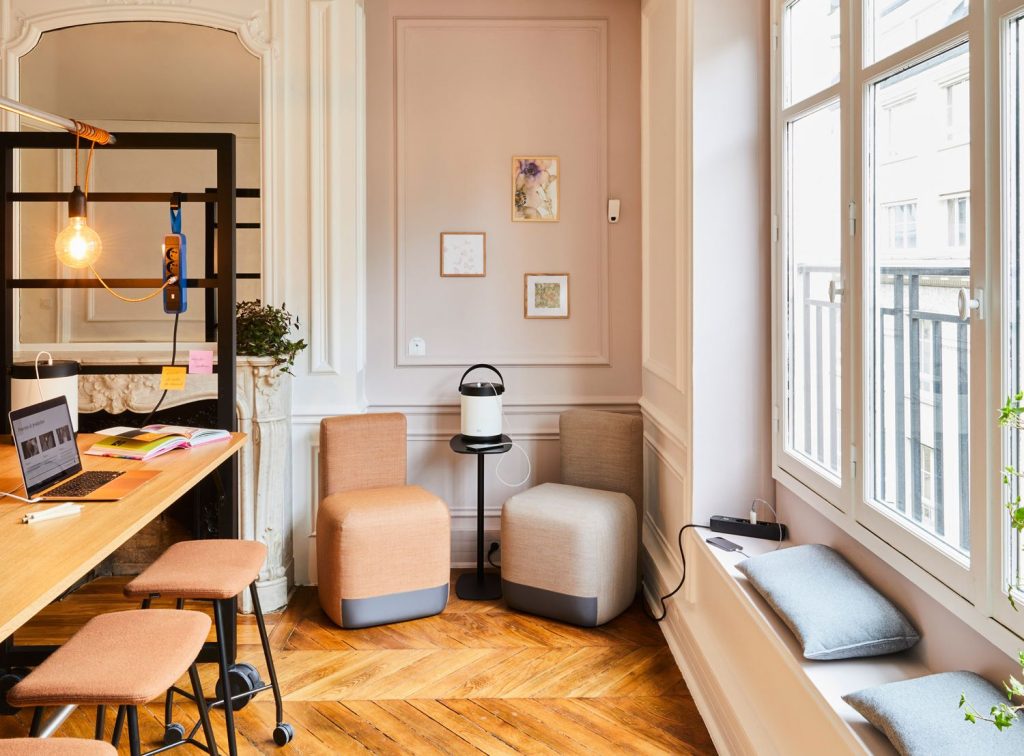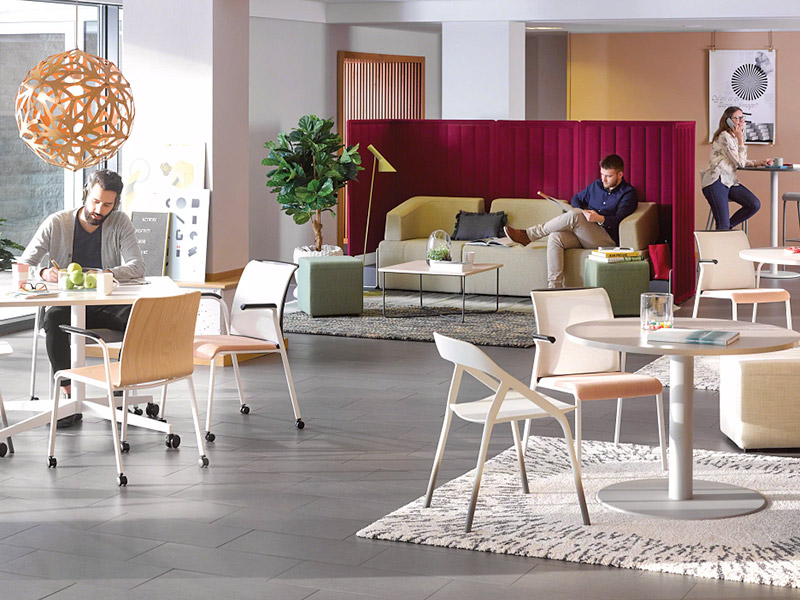Building Wellbeing into the Workplace

A chair that provides ergonomic benefits to people of various sizes and working in different postures adds to physical wellbeing.

Defining Wellbeing
What exactly is wellbeing? “For a lot of companies, it means ergonomics,” says Catherine Gall, Paris-based Research Director for Steelcase WorkSpace Futures, who leads an ongoing investigation of workplace cultures across a dozen different countries.
“Wellbeing actually involves many aspects of organizational culture, from making sure people understand what their job is and having a sense of purpose, to providing the right space, tools and resources to be successful. Research shows that successful organizations support their employees with a holistic approach to mental, physical and emotional wellbeing.”
That support has become trickier as knowledge work has evolved. Thanks to new technology and a global marketplace, work is more project-based, much faster-paced and often a 24/7 endeavor.
A workplace that offers a palette of place, posture and presence helps boost wellbeing.

High stress levels are endemic to knowledge work today. “We communicate and collaborate constantly. It’s hard to unplug. But there are times when you need a place free of distractions to focus on a task, have a quiet conversation or some personal down time. People need the ability to amp up or down and that often means a change of scenery,” says Gall.
“Whether it’s individual work, working in pairs, or working with a group, we know that people perform best when they can determine where and how they work. The best place at ten o’clock might not be the right one for a different project at ten-thirty. Plus, your workstyle is often different from your colleague’s.”
A culture of wellbeing also can help increase worker creativity. People who are well supported and more in control of where and how they work, feel safer and more engaged. This encourages engagement and entrepreneurial effort.
Simplifying technology and making it easy for people to get together and share information make work more efficient. People are less stressed, more comfortable and in control. says Hoffman.
Videoconferencing, phone conferences, and wi-fi are supported throughout the space, of course, but the palette of presence also includes support for presenting information and ideas, the core of knowledge work. Several media:scape collaborative settings make sharing information easy. Plug in a digital device, press the puck and share content with colleagues in-house or connected via HD videoconferencing. “Simplifying technology and making it easy for people to get together and share information make work more efficient. People are less stressed, more comfortable and in control,” says Hoffman.
Read entire article, Here
Original Article: Steelcase

